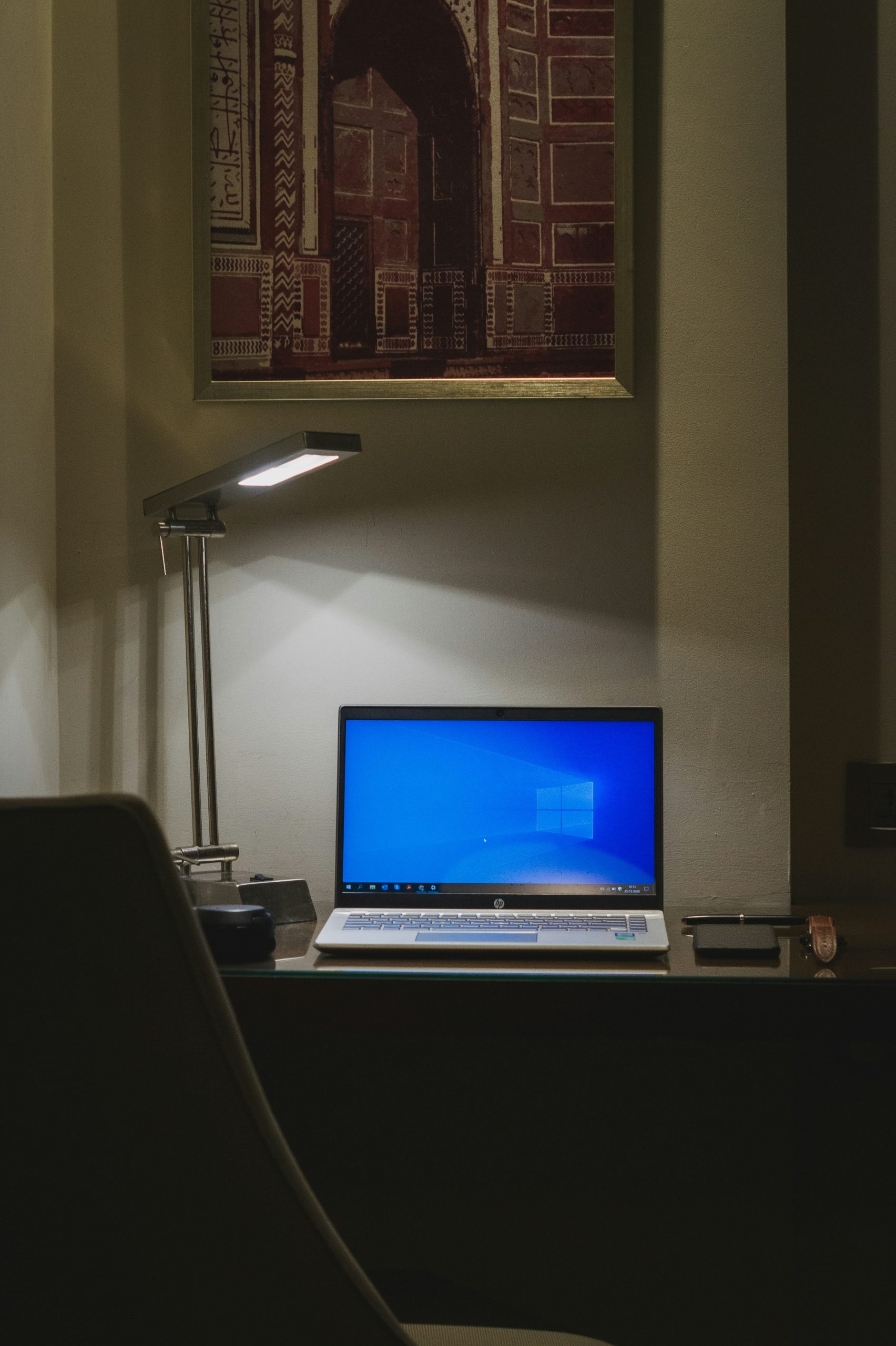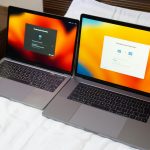In recent years, the debate between Chromebooks and budget Windows laptops has become more relevant than ever. With technology evolving and work from home, remote learning, and casual computing needs expanding, choosing the right affordable laptop can make a big difference. If you’re caught between the straightforward world of Chromebooks and the versatile environment of Windows laptops, you’re not alone. This article takes a closer look at both to help you decide which best suits your needs.
Table of Contents
Understanding the Basics
Before diving into comparisons, it’s important to understand what sets these two types of devices apart.
- Chromebooks run on Chrome OS, a lightweight operating system developed by Google. They are designed primarily for cloud-based tasks, including browsing, document editing via Google Workspace, and streaming.
- Budget Windows laptops run on Windows 10 or 11. They support a wide range of traditional software and offer more advanced multitasking options, though they typically come with lower specs in the affordable range.

Performance and Usability
When you’re shopping in the budget category—anything under $500 mostly—you’re looking at compromises in performance. However, how each device handles everyday computing can differ significantly.
Chromebooks
- Boot within seconds and offer snappy performance with minimal hardware.
- Designed for lightweight tasks: web browsing, video streaming, note-taking, and using web apps.
- Less prone to viruses and system slowdown due to their simplified ecosystem.
Budget Windows Laptops
- Can run traditional software like Microsoft Office, Adobe Suite (albeit slowly), and more.
- Often come with slower hard drives (like eMMC or low-end SSDs) and budget processors (Intel Celeron, AMD Athlon).
- Might struggle with multitasking or heavier programs.
Verdict: If you’re looking for speed and simplicity for day-to-day tasks, Chromebooks tend to perform better within the same price range. However, if you need software versatility, Windows laptops are the better bet—even if performance takes a hit.
Software and Applications
One of the biggest differences lies in the software you can run on each system.
Chromebooks
- Rely heavily on web apps and Android apps available through Google Play Store.
- No native support for most Windows software.
- Excellent for Google services: Gmail, Drive, Docs, Sheets, and Classroom.
Budget Windows Laptops
- Run the full range of Windows desktop software, including legacy apps.
- Compatible with external software installations and certain third-party enterprise tools.
- Much more suitable for professions that rely on specialized third-party applications.
Verdict: For users tied into the Google ecosystem or those who don’t need specific software, Chromebooks are sufficient. But if you need to install customized applications or work in a Windows-native environment, a Windows laptop is essential.
Design and Portability
Budget laptops can differ significantly in terms of design, especially regarding ergonomics, materials, and portability.
Chromebooks
- Often lightweight and more compact, ideal for students and travelers.
- Long battery life—ranging from 8 to 15 hours on a single charge.
- Simple, minimalistic designs with fewer ports and vents.
Budget Windows Laptops
- Can be bulkier depending on the manufacturer and specs.
- Battery life averages around 5 to 8 hours on most affordable models.
- Tend to have more functionality in terms of USB ports, HDMI, and expandability.

Verdict: If mobility and battery life are top priorities, Chromebooks win hands down. However, for users who need more connectivity options, a Windows laptop might be more practical.
Security and Maintenance
Security is increasingly important, and both platforms take their own approach to keeping your data safe.
Chromebooks
- Designed with security in mind: sandboxing, verified boot, and automatic updates.
- No need for manual antivirus installation.
- Saves files in the cloud, reducing data loss threats.
Windows Laptops
- Have become more secure over time but still more susceptible to viruses and malware.
- Typically require updates to antivirus software and system patches.
- Local file storage makes backups more critical.
Verdict: Chromebooks are better for hands-free, worry-free security. Windows laptops demand a little more attention but offer more control if that’s what you’re after.
Gaming and Multimedia
Another deciding factor for many users is entertainment. Whether gaming or multimedia handling, both platforms cater to different demographics.
- Chromebooks are not designed for serious gaming but handle casual games from the Play Store or web-based games just fine.
- Budget Windows laptops can run older or less graphics-intensive PC games. Entry-level Intel or AMD GPUs still perform better than what Chromebooks offer.
Verdict: If you’re a casual gamer, both will work within limits, but budget Windows laptops offer a slight edge in variety and performance. For video consumption and basic audio editing, Chromebooks are surprisingly decent thanks to optimized software like YouTube, Spotify, and browser-based editors.
Cost and Value
Both types of laptops offer affordable options, but the value proposition is different.
- A Chromebook priced around $250-$400 usually delivers great value in performance and reliability.
- A budget Windows laptop in the same price range might perform slower but offers software compatibility and hardware flexibility.
Verdict: Chromebooks offer better value for simple needs, particularly for students and casual users. Budget Windows laptops make sense when your tasks exceed what browsers and mobile apps can handle.

Conclusion: Which Should You Choose?
The right choice depends largely on your specific needs and work habits. Use the following guidelines to help you decide:
- Choose a Chromebook if:
- You primarily use Google services and web apps
- You value speed, simplicity, and long battery life
- You’re a student or someone who travels and needs lightweight portability
- Go with a budget Windows laptop if:
- You need specific software that only runs on Windows
- You plan to store and manipulate files offline regularly
- You prefer the flexibility to upgrade components or connect with external devices
In a world full of choices, sometimes the simplest ones make the biggest impact. Whether you choose a Chromebook or a budget Windows laptop, each platform has come a long way in delivering reliability and performance at an affordable price. The key is knowing what you need—and making your choice work for you.




